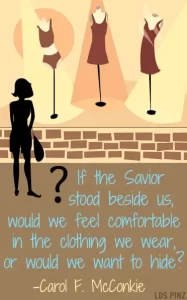This is only open to those with a USA mailing address. There is absolutely no cost to enter.
This is your chance to receive a new copy of Take Back Your Life: Recovering from Cults and Abusive Relationships by Janja Lalich. This is not the latest 3rd edition, but is the second edition.
Take Back Your life is a revision of Captive Hearts Captive Minds which was released in the 1990s. We have given away well over 50 copies of that book through the years.
Lalich is very knowledgeable and her book can help you in your recovery from unhealthy groups or cults.
Janja Lalich is also the co-author of Escaping Utopia: Growing Up in a Cult, Getting Out, and Starting Over, Crazy Therapies: What Are They? Do They Work? and Cults in Our Midst: The Continuing Fight Against Their Hidden Menace, and the author of Bounded Choice: True Believers and Charismatic Cults.
On our YouTube channel, we have a partial list of Janja Lalich’s interviews and speaking engagements.
This giveaway is a drawing. To enter, just leave a comment to show you wish to be included. The drawing will close on November 14, 2024 at 6pm (eastern time), after which I will draw a winner.
Be sure to check back to see if you have won as in the past some people have not responded after winning and so a new winner had to be drawn. You will then need to email me your mailing address if I do not already have it, so be sure to watch your email and check the spam folder. If I know your Facebook profile, I will message you there.
Don’t be alarmed if your comment does not immediately show as it may require approval.
Watch each month for our upcoming giveaways! We’ll be ending 2024 with a December giveaway of a new copy of When the Church Harms God’s People: Becoming Faith Communities That Resist Abuse, Pursue Truth, and Care for the Wounded. by Diane Langberg, which is her latest book.
In 2025, we’ll be giving away one copy of each of Thomas Fudge’s books on the UPCI/Oneness Pentecostalism (Christianity without the Cross: A History of Salvation in Oneness Pentecostalism, Heretics & Politics: Theology, Power, and Perception in the Last Days of CBC, C.H. Yadon and the Vanishing Theological Past in Oneness Pentecostalism), plus The Uncomfortable Confessions of a Preacher’s Kid: A memoir by Ronna Russell and hopefully more. You may want to subscribe to the email notifications of new blog posts in order to not miss these. While we try to share about our giveaways on social media, those platforms often do not show the posts to many people.
********
Shop at our Amazon store! As an Amazon Influencer, this website earns from qualifying purchases.
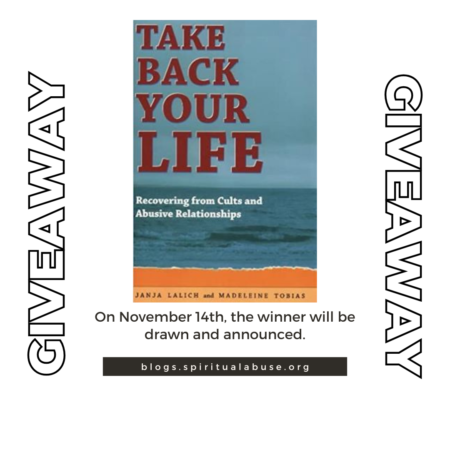
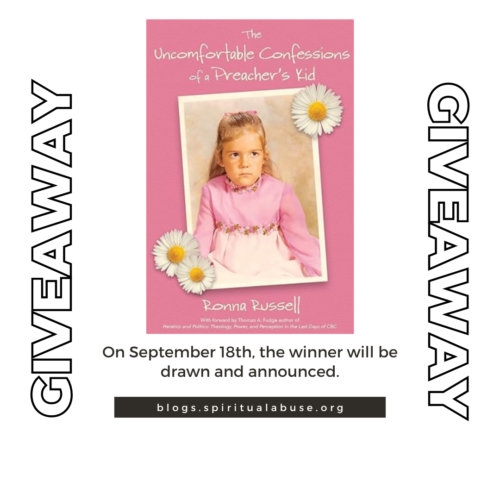
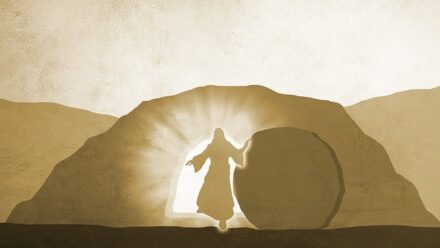


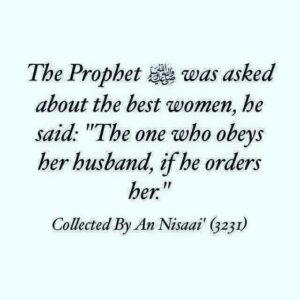
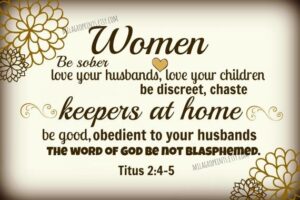

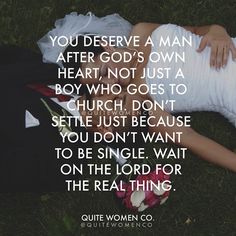
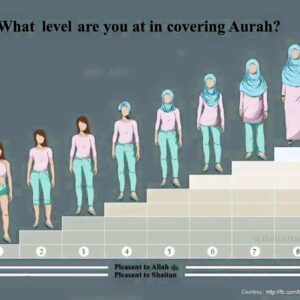
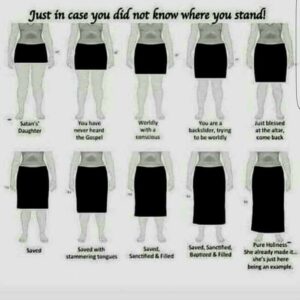 Basically the more covered your body is, the better, according to people who believe this.
Basically the more covered your body is, the better, according to people who believe this.